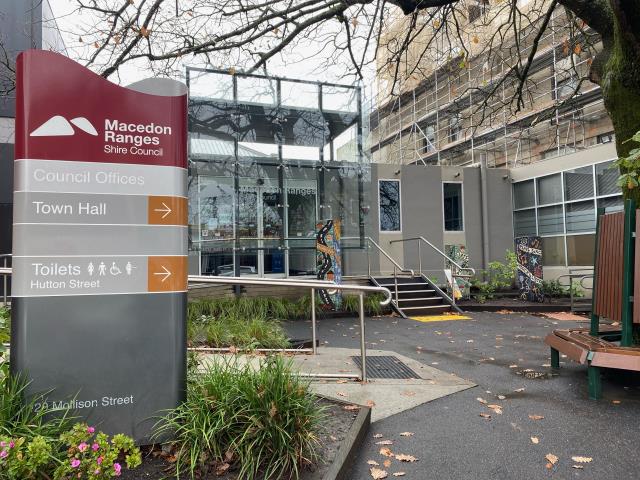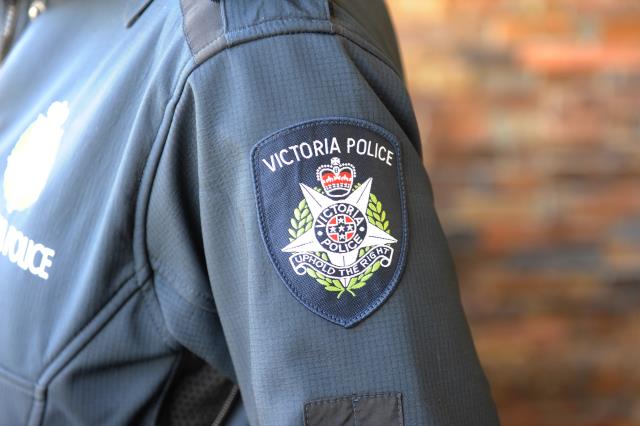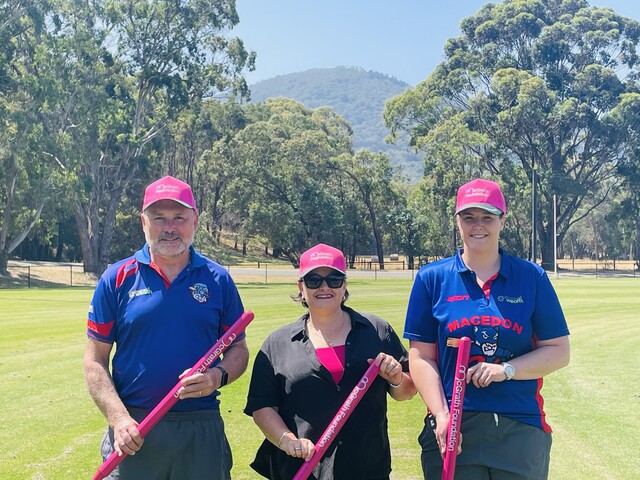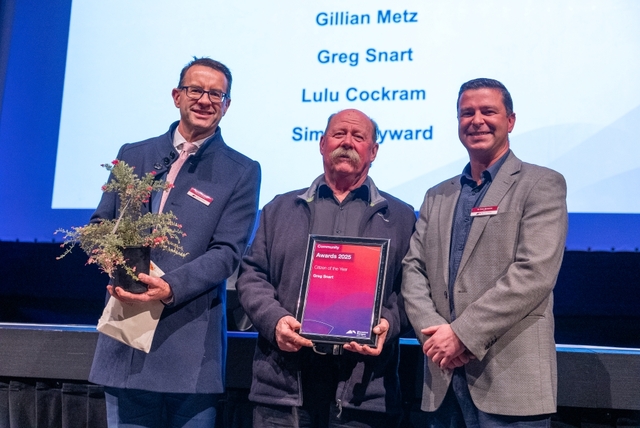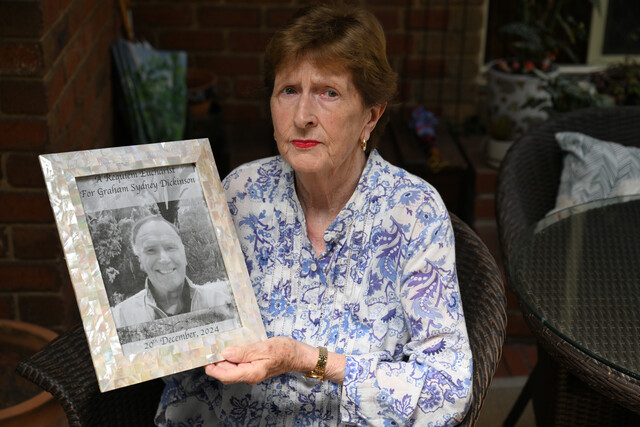Macedon Ranges council has joined an advocacy campaign to the state government for a sustainable funding model for school crossing supervisors.
At a meeting on August 24, council voted to take part in Monash council-led effort for additional government funding for the school crossing program.
“Council currently receives partial funding for the program, however this is provided on a year to year basis and covers less than half the cost of the service,” a report to council said.
“Council is committed to continuing this important service and is seeking a more equitable and sustainable funding model from the state government to help alleviate the cost to ratepayers.”
According to the report, council provides supervisors to 21 school crossings, with 20 of those partially funded by the government and one of them funded by council.
The total cost of school crossing supervisors in the Macedon Ranges for 2021-22 was $397,949, with $117,230 funded by the government and council left to cover the shortfall.
In June this year, the Department of Transport (DOT) advised council the government’s share of funding for 2022-23 would increase 20 percent, to about $140,600.
But the council report said “there is no guarantee or indication of what the funding will be beyond 2023 and will still leave a funding deficit of over $243,000 per annum with the gap widening as council costs increase”.
“The annual funding provided to date by the [government] falls well short of the costs incurred by council… and the shortfall increases each year as the funding does not have a [consumer price index] increase built in,” the report said.
“Any increases are at the discretion of the state government as the state budget allows.”
The report also raised concerns about the DOT’s indication it would move from a pedestrian/vehicle count approach to a risk-based approach for future crossing supervisor funding.
“Because the service is provided to support a state government function (education), it is reasonable that the [government] financially support the service … ensure the service is sustainable into the future meeting community needs,” the report said.

